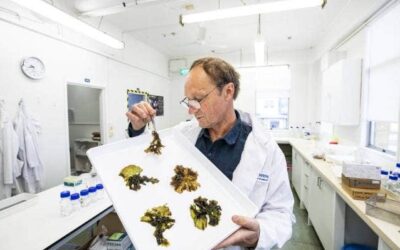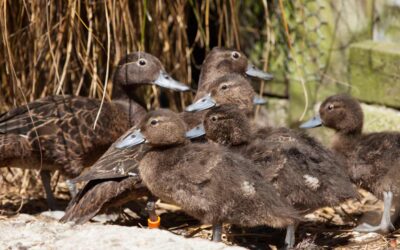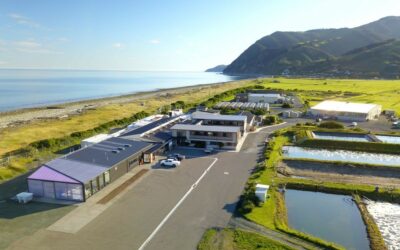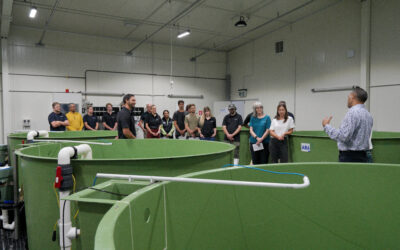Seafood Safety Research Platform
Cawthron leads New Zealand’s government-funded Seafood Safety Research Platform in partnership with researchers from AgResearch, Plant & Food Research, and the Institute for Environmental Science & Research (ESR). It is a collaborative national research programme that aims to understand, predict and control seafood safety threats.
What do we do?
Our aim is to deliver excellent, world-leading seafood safety science in New Zealand that has a positive impact for all New Zealanders and the natural environment.
Why is research needed?
Growing in the ocean, seafood faces some unique food safety challenges, like naturally occurring toxins produced by microalgae that can contaminate shellfish. We are constantly working on new and improved methods to detect and mitigate threats before they become a risk to the public or our seafood export industry.
What are we protecting?
Our $2.0B/pa seafood industry employs thousands of kiwis and sells high quality and safe food into global markets. Our research aims to protect this important industry and our aim is for everyone to have access to seafood that is safe to eat.
Who is involved?
A collective of New Zealand scientists across four organisations working in partnership with the seafood industry, iwi, public health services and the Ministry for Primary Industries.
Case studies
Resources
Contact us:
Dr Tim Harwood
Seafood Safety Research Platform Co-leader and Cawthron’s Seafood Safety Science Theme Co-leader.

Dr Kirsty Smith
Seafood Safety Research Platform Co-leader and Cawthron’s Seafood Safety Science Theme Co-leader.

Related News
Cawthron Institute and iwi partners secure Vision Mātauranga Capability Fund support for collaborative seaweed research
Cawthron Institute and iwi...
Urgent Action Needed to Prevent Extinction of Pāteke on Aotea Great Barrier Island
Urgent Action Needed to...
Opinion: Dr Cath McLeod – New Westpac report highlights huge potential of Aotearoa New Zealand’s blue economy
Opinion: New Westpac...
Local Scientists Team Up to Help Snapper Handle Changing Temperatures
Local Scientists Team Up...
Seafood Safety Research Plaform partners and funders:






